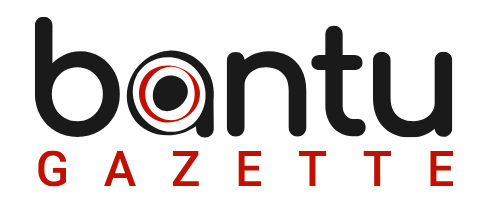ADDIS ABABA, Ethiopia (BG) – Ethiopia has officially opened its banking sector to foreign investors, marking a significant step in the country’s economic liberalization efforts under Prime Minister Abiy Ahmed.
The reform, hailed as a critical milestone in Ethiopia’s economic transformation, aligns with the government’s broader liberalization agenda to attract foreign investment, boost economic growth, and modernise key industries.
The law sets a limit on foreign strategic investors, capping their ownership at 40% in any local bank, while allowing a 7% to 10% stake for non-strategic national investors, according to local media Addis Standard.
Parliament passed the landmark law on Dec. 17, 2024, allowing foreign banks to operate in the Ethiopian market for the first time in decades.
“New milestone for Ethiopia: As part of Ethiopia’s economic liberalization efforts under Prime Minister @AbiyAhmedAli, the banking sector officially opened to foreign investment following the passage of a landmark law by parliament on December 17, 2024,” said Billene Seyoum, Press Secretary for the Prime Minister’s Office, in a tweet celebrating the achievement.
Economic Liberalization Efforts
Since assuming office in 2018, Prime Minister Abiy has implemented reforms to liberalize Ethiopia’s economy, which state-owned enterprises dominate.
The efforts have included the partial privatization of key sectors such as telecommunications and logistics, aiming to encourage competition and attract foreign direct investment (FDI).
The decision to open the banking sector is expected to stimulate competition, improve financial inclusion, and provide businesses and individuals with greater access to financial services.
Addressing Structural Challenges, Competitiveness
With a population of over 120 million, Ethiopia’s banking sector has long been criticized for its limited outreach and inefficiencies.
According to the World Bank, only 35% of Ethiopians have access to formal financial services, a barrier that stifles economic development, particularly in rural areas.
Allowing foreign banks to operate in Ethiopia is anticipated to address these gaps by introducing advanced banking technologies, increasing capital availability, and fostering innovation.
With Africa’s second-largest population and one of the fastest-growing economies, Ethiopia represents an attractive market for international banks.
Opening the banking sector positions the country to compete more effectively with regional economic hubs such as Kenya, which boasts a more liberalized financial system and significant foreign investment in banking.
This historic reform is poised to reshape Ethiopia’s financial landscape, offering opportunities for growth and innovation while addressing longstanding challenges.
Experts say that as foreign banks begin operations, Ethiopians may soon experience a more dynamic and inclusive financial system, further integrating the country into the global economy.
















